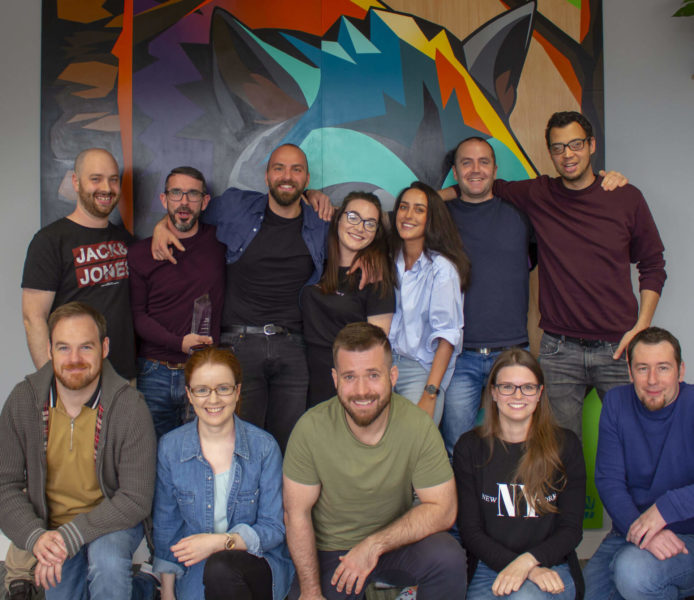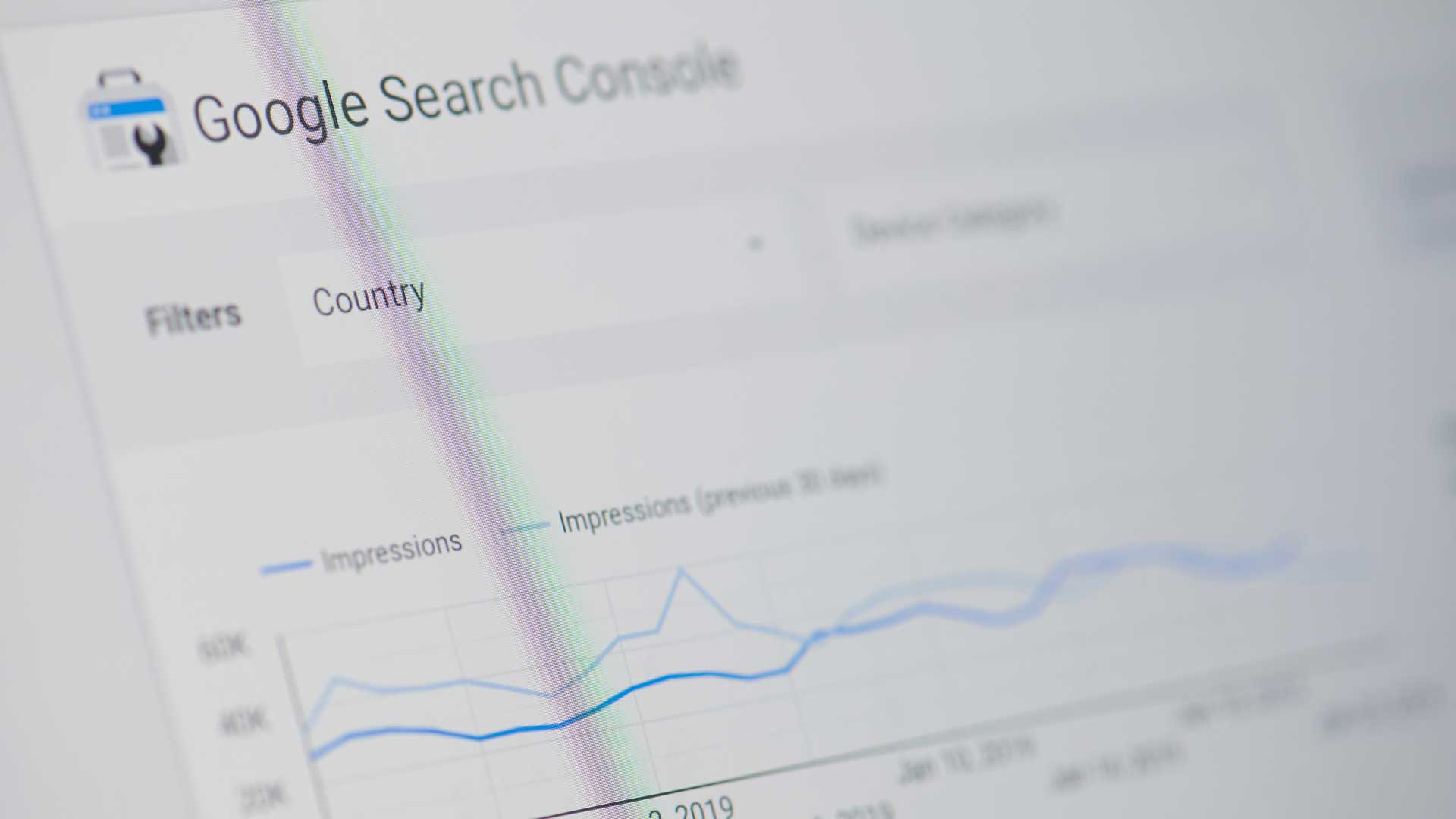How a localized SEO campaign delivered global market share, lifted revenue
The campaign, by Search Engine Land Awards SEO agency of the year Wolfgang Digital, helped the Digital Marketing Institute quickly expand to the U.S.

For businesses looking to expand and grow internationally, SEO can play an important role in scaling growth. Last year, the Dublin-based Digital Marketing Institute (DMI) was looking to gain market diversity to protect against macro-environmental factors such as the Brexit referendum.
Looking at search volume for high-volume keywords relevant to the digital marketing training provider’s offerings, its digital agency Wolfgang Digital suggested focusing on the U.S. market to scale the business. “With responsibility for global expansion resting on search channels, the tactics had to focus on scaling quickly,
The objective was to increase leads and revenue from the U.S. market quickly within a limited budget.
SEO localization tactics to spur growth
Wolfgang Digital used a mixed of technical SEO efforts, including creating internationalized subdirectories,
The team also developed a content calendar process that focused on interests, geography
The campaign encompassed “international SEO implementation, and how to spot opportunities within global markets,” said Luke Fitzgerald, Head of SEO for Wolfgang Digital about DMI’s SEO campaign, “It had content optimization and localization, and how to differentiate offerings to different geographic user bases. And, it had
New market becomes top performer
In seven months, the campaign generated a 75% increase in total organic traffic across DMI’s international markets, including the U.S., Australia
Conversion rates increased significantly, even as traffic rose. The team incorporated conversion rate optimization and UX testing as part of the campaign
Fitzgerald credits much of the campaign’s success to his agency’s internal cross-functional communication paired with external client communication. “Through innovative conceptualization and close integration with the paid search team and constant communication and collaboration with our client’s own great in-house team; the performance element was only a matter of time,” said Fitzgerald.
“With this balanced blend of technical, on-page and off-page SEO, we felt it represented the best of our work as a full-service international SEO agency, and it helped demonstrate that it’s important to get each of these elements right for a sustainable, prolonged growth and expansion within a competitive market and help grow the client’s organic visibility and, ultimately, their bottom line,” said Fitzgerald.
The team identified a set of top priority keywords and split them into tiers based on feasibility as well as where ranking improvements would drive the most value. DMI’s search visibility across the keyword set increased from 31% to 42% during the campaign.
A backlinking strategy included building links to the localized /us/ subdirectory throughout the campaign period.
Tools of the trade
In addition to Google and Bing’s native tools, Wolfgang Digital used SEOmonitor for reporting, Screaming Frog to identify technical site issues and pages lacking localised metadata and hreflang reporting. Sitebulb further helped validate hreflang across multiple domains and sitemaps.
The team also used SEMRush for keyword research and tracking and BuzzSumo for better understanding what’s working in DMI’s vertical in the U.S.
“Often times, as we get caught up in the day-to-day of running a team or client campaigns, we don’t take time to reflect and take a holistic overview of how we’re performing and what the growth trajectory looks like,” said Fitzgerald in considering the team’s Search Engine Land Award win.
“The hard work starts now in knuckling down and maintaining this high standard and ensuring the lessons learnt from this success are effectively disseminated and applied to other clients as part of a virtuous circle of learning and continuous improvement,” said Fitzgerald.
Contributing authors are invited to create content for Search Engine Land and are chosen for their expertise and contribution to the search community. Our contributors work under the oversight of the editorial staff and contributions are checked for quality and relevance to our readers. Search Engine Land is owned by Semrush. Contributor was not asked to make any direct or indirect mentions of Semrush. The opinions they express are their own.

